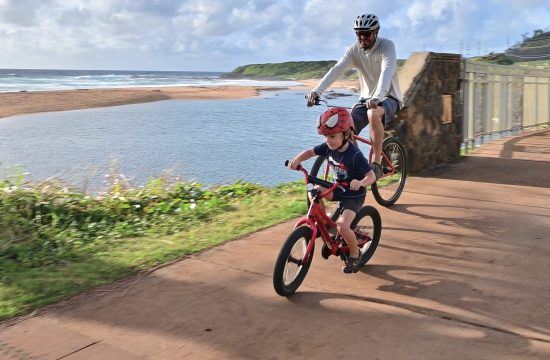Here are 12 do’s and don’ts in getting your tween or teen to confide in you:
DON’TS
1. Overshare. Kids aren’t that interested in our personal teen years. They are super self absorbed (they have to look in the mirror at that zit one more time). For example, if your daughter just shared with you her boyfriend broke up with her, over sharing would sound like, “I had a boyfriend that broke up with too. I was so embarrassed, I didn’t even want to be seen at school. Instead, say something short like “I had a boyfriend who broke up with me once, too.” Wait for them to show interest in how you handled it. If they don’t, no need to
share further.
2. Pry… or overly invest. Instead of, “Tell me! You always used to tell me everything. Why won’t you tell me!” Instead say, “If you want to talk about, I will be in the kitchen.” Or casually ask later.
3. Jump in to save the day. If your kid tells you a coach or teacher treated them unfairly, don’t run in for the rescue (unless abuse is involved.) This often makes you unsafe because not being embarrassed is of utmost importance at this age.
4. Talk negatively about their close friends. If you do, they may stop telling you things you need to know.
5. Don’t punish, if you think something shady is going down. Tell them, “If you tell me the truth, I won’t be angry.” Make it safe for them to tell you the scary stuff.
DO’S
6. Listen, listen, listen. Listen more than you talk. Listen to understand not to judge or fix.
7. Repeat back what you have heard, ask if you got it all and then ask if there is more. For example, “What I heard
was you got in trouble with your friends and you felt really embarrassed. Did I get everything or is there more?” Try to use almost the exact words but change a few to help your kid feel like you really “get” them.

8. When they tell you something shocking, be very slow and careful to not to overreact.
9. “Tell me one thing” is easier for them to handle than, “How was your day?” It also doesn’t allow for the dreaded one word answers like “fine.”
10. Remember something they shared with you in the past and ask about it. This shows you really listen and care about what they say. For example, “How is Jasmine feeling? You said you were really worried about her because she has been sick for several days?”
11. Master the art of asking questions instead giving advice. Instead of, “You had better bring that grade up if you want to stay on the varsity team!” ask “What will help you to get that grade up so you can stay on the varsity team?’
12. Drop what you are doing when they come to you to talk. Set aside your computer or phone and give them your full attention. Tweens and teens are at the stage of individuating and come to parents less than they used to. So be an available and approachable parent!
Parenting Practice:
Have a conversation with your tween or teen using these Do’s and Don’ts. Afterwards, check to see which suggestions you implemented and talk time to reflect!








